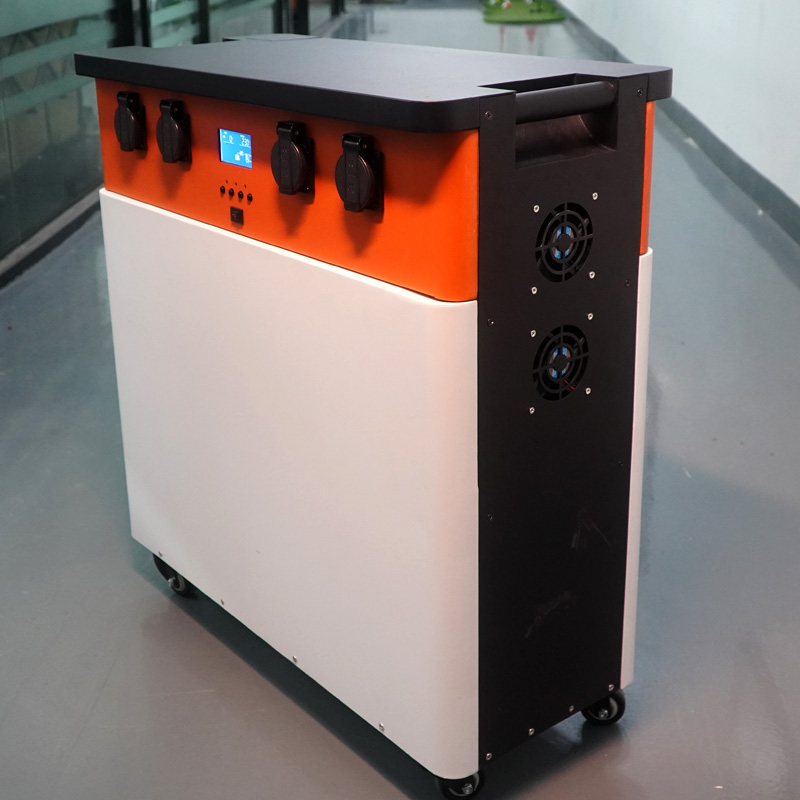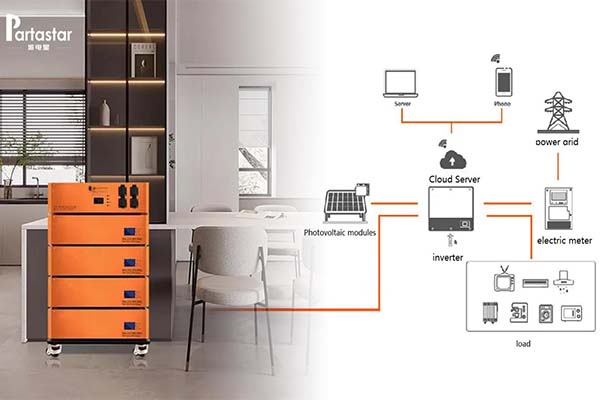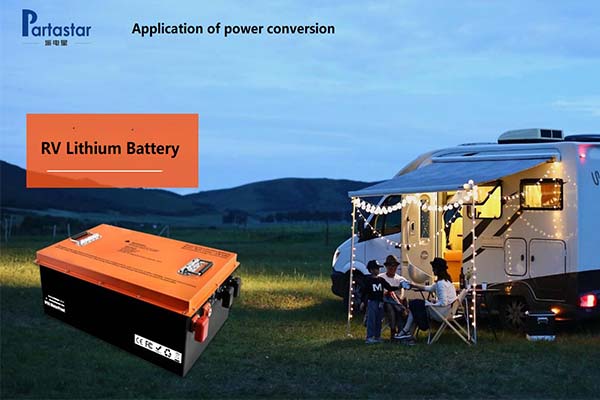Portable generators are a popular solution for providing power in situations where grid power is unavailable or unreliable. They are used in a wide range of applications, from camping and outdoor activities to emergency backup power for homes and businesses. However, like any technology, portable generators have their disadvantages. In this article, we will explore some of the disadvantages of portable generators and provide some tips on how to mitigate these drawbacks.
1. Noise Pollution
One of the biggest disadvantages of portable generators is the noise they produce. Most generators are powered by gasoline engines that produce a significant amount of noise when running. This can be a problem in quiet environments, such as campsites or residential neighborhoods, where the noise can disturb the peace and quiet. Additionally, prolonged exposure to loud noise can cause hearing damage, so it's important to take steps to reduce the noise level.
Tip: To reduce the noise level, you can choose a generator with a lower decibel rating, use a noise-reducing enclosure, or place the generator as far away from your living space as possible.
2. Environmental Impact
Another disadvantage of portable generators is their environmental impact. Most generators are powered by gasoline, which is a non-renewable resource that contributes to air pollution and greenhouse gas emissions. In addition, the oil and other fluids used in generators can leak and cause pollution if not handled properly.
Tip: To reduce the environmental impact of your generator, you can choose a model that is designed to be more fuel-efficient and produces fewer emissions. You can also make sure to properly dispose of used oil and other fluids, and use a spill containment mat to prevent leaks.
3. Maintenance Requirements
Portable generators require regular maintenance to keep them running smoothly and prevent breakdowns. This includes changing the oil and air filter, checking the spark plug, and cleaning the generator's exterior. If you neglect these maintenance tasks, your generator may not work when you need it most.
Tip: To ensure that your generator is always ready when you need it, you should follow the manufacturer's recommended maintenance schedule. You can also keep a spare set of filters and spark plugs on hand in case you need to replace them.

4. Limited Run Time
Portable generators have a limited run time, which means they can only provide power for a certain amount of time before running out of fuel or battery power. This can be a problem if you need to power your devices for an extended period of time, such as during a prolonged power outage.
Tip: To extend the run time of your generator, you can choose a model with a larger fuel tank or higher-capacity battery. You can also conserve power by using energy-efficient devices and turning off unnecessary appliances.
5. Safety Hazards
Portable generators can pose safety hazards if not used correctly. For example, they can produce carbon monoxide, which is a colorless, odorless gas that can be deadly in high concentrations. In addition, the hot exhaust from the generator can start fires if it comes into contact with flammable materials.
Tip: To reduce the risk of carbon monoxide poisoning, you should never use your generator indoors or in an enclosed space. You should also make sure to place the generator on a flat, stable surface and keep it away from flammable materials.
In conclusion, portable generators have their disadvantages, including noise pollution, environmental impact, maintenance requirements, limited run time, and safety hazards. However, with proper care and maintenance, these issues can be mitigated, and portable generators can provide reliable power in a variety of situations. Before purchasing a portable generator, it's important to consider your specific needs and the potential drawbacks, and choose a model that best meets your requirements.



